Alcohol is one of the most widely consumed substances globally, with an estimated 2.3 billion people identifying as current drinkers. With its cultural significance and social acceptance, alcohol consumption is often seen as a regular part of life. However, it is essential to recognize that alcohol can have various effects on the body, including its impact on sleep.
While many people might assume that alcohol can help induce sleep, scientific evidence suggests a more complex relationship between the two. Let’s delve into the link between alcohol and sleep, exploring the effects of alcohol on sleep quality and the potential long-term consequences of alcohol consumption on sleep health.
Alcohol and Sleep Quality

Alcohol is a central nervous system depressant, which means it slows down brain activity. This effect can initially lead to feelings of drowsiness and relaxation, resulting in a faster onset of sleep. However, this seemingly positive impact is short-lived, as alcohol's influence on the sleep cycle becomes increasingly disruptive as the night progresses.
REM (rapid eye movement) sleep is a critical stage of the sleep cycle, characterized by vivid dreaming and essential for memory consolidation and cognitive function. Research has shown that alcohol consumption can significantly disrupt REM sleep, reducing its duration and delaying its onset. This disruption can have a negative impact on the overall restorative quality of sleep and can lead to impaired sleep-related memory consolidation, potentially impacting learning and cognitive performance
As the body metabolizes alcohol throughout the night, its sedative effects begin to wear off. This can lead to fragmented sleep, characterized by frequent awakenings and difficulty falling back asleep. These disruptions in sleep continuity can contribute to feelings of daytime sleepiness, fatigue, and impaired cognitive function.
Deep sleep, also known as slow-wave sleep, is a crucial stage of the sleep cycle for physical restoration and immune function. Studies have found that alcohol consumption can interfere with deep sleep, reducing its duration and overall quality. This can result in a less restorative night's sleep, potentially leading to long-term health consequences.
Conversely, alcohol has been shown to increase the amount of time spent in early stages (also known as “light sleep”) of sleep, which are less restorative and more easily disrupted. This shift in sleep architecture can contribute to the overall reduction in sleep quality associated with alcohol consumption.
Considering the effects of alcohol on REM sleep, deep sleep, and sleep fragmentation, it becomes evident that alcohol can significantly reduce overall sleep quality. This reduction in sleep quality can lead to a range of negative consequences, including daytime sleepiness, impaired cognitive function, and increased risk of accidents and injuries.
Factors Affecting the Alcohol-Sleep Relationship
The impact of alcohol on sleep can vary significantly between individuals, partly due to differences in how the body processes alcohol. Factors such as genetics, body weight, age, and sex can all influence alcohol metabolism rates. These individual differences can result in varying degrees of sleep disruption, with some people experiencing more significant effects than others.
Over time, regular alcohol consumption can lead to the development of tolerance, meaning the body becomes less sensitive to the effects of alcohol. This acquired tolerance can alter the alcohol-sleep relationship, potentially reducing the initial sedative effects of alcohol and exacerbating its disruptive influence on sleep. It is important to be aware of this changing dynamic when considering the long-term impact of alcohol on sleep quality.
The timing of alcohol consumption plays a crucial role in its impact on sleep. Consuming alcohol close to bedtime is more likely to result in disrupted sleep, as the sedative effects wear off during the night and the body begins to metabolize the alcohol. This can lead to more frequent awakenings, reduced REM sleep, and overall poorer sleep quality.
To minimize the impact of alcohol on sleep, it is recommended to consume alcohol earlier in the day, allowing sufficient time for the body to metabolize the alcohol before bedtime.
Alcohol and Sleep Disorders
Sleep Apnea
Sleep apnea is a potentially severe sleep disorder characterized by repeated interruptions in breathing during sleep. Research has indicated that alcohol consumption can exacerbate sleep apnea symptoms by relaxing the muscles in the airway, leading to increased breathing disruptions and reduced oxygen levels in the blood. This can result in poor sleep quality and increased risk of cardiovascular and neurological health issues.
Insomnia
Insomnia is a common sleep disorder defined by difficulty falling asleep, staying asleep, or waking up too early. Alcohol consumption can contribute to the development of insomnia by disrupting the sleep cycle, fragmenting sleep, and altering sleep architecture. Additionally, as the body develops tolerance to alcohol's sedative effects, individuals may experience increased difficulty falling asleep without alcohol, exacerbating insomnia symptoms.
Restless Legs Syndrome
Restless legs syndrome (RLS) is a neurological disorder characterized by an irresistible urge to move the legs, typically during periods of rest or inactivity. Some studies have suggested that alcohol consumption may worsen RLS symptoms, potentially due to alcohol's effects on dopamine levels in the brain. Further research is needed to fully understand the relationship between alcohol and RLS, but it is essential for individuals with RLS to be aware of the potential impact of alcohol on their symptoms.
Conclusion

Alcohol can disrupt the sleep cycle, reduce sleep quality, and contribute to the development of sleep disorders. Additionally, relying on alcohol as a sleep aid can increase the risk of alcohol dependence, leading to a range of physical, mental, and social health problems.
Individuals struggling with sleep should review and potentially reduce their alcohol consumption. When an individual doesn't get enough quality sleep one needs to consider appropriate sleep aids, such as cognitive-behavioral therapy for insomnia (CBT-I), sleep hygiene improvements, relaxation techniques, get tested for sleep disorders, and potentially, medication under the guidance of a healthcare professional.
We encourage readers to be mindful of their alcohol consumption and its potential impact on their sleep. By making informed decisions about when and how much to drink, individuals can minimize the disruption of their sleep and protect their overall health. For those experiencing sleep difficulties, Empower Sleep offers seamless sleep care with at-home testing, virtual doctor visits, and personalized treatment options, revolutionizing sleep care and providing expert support. By prioritizing sleep and making responsible choices regarding alcohol, individuals can work towards a healthier, more restful future.




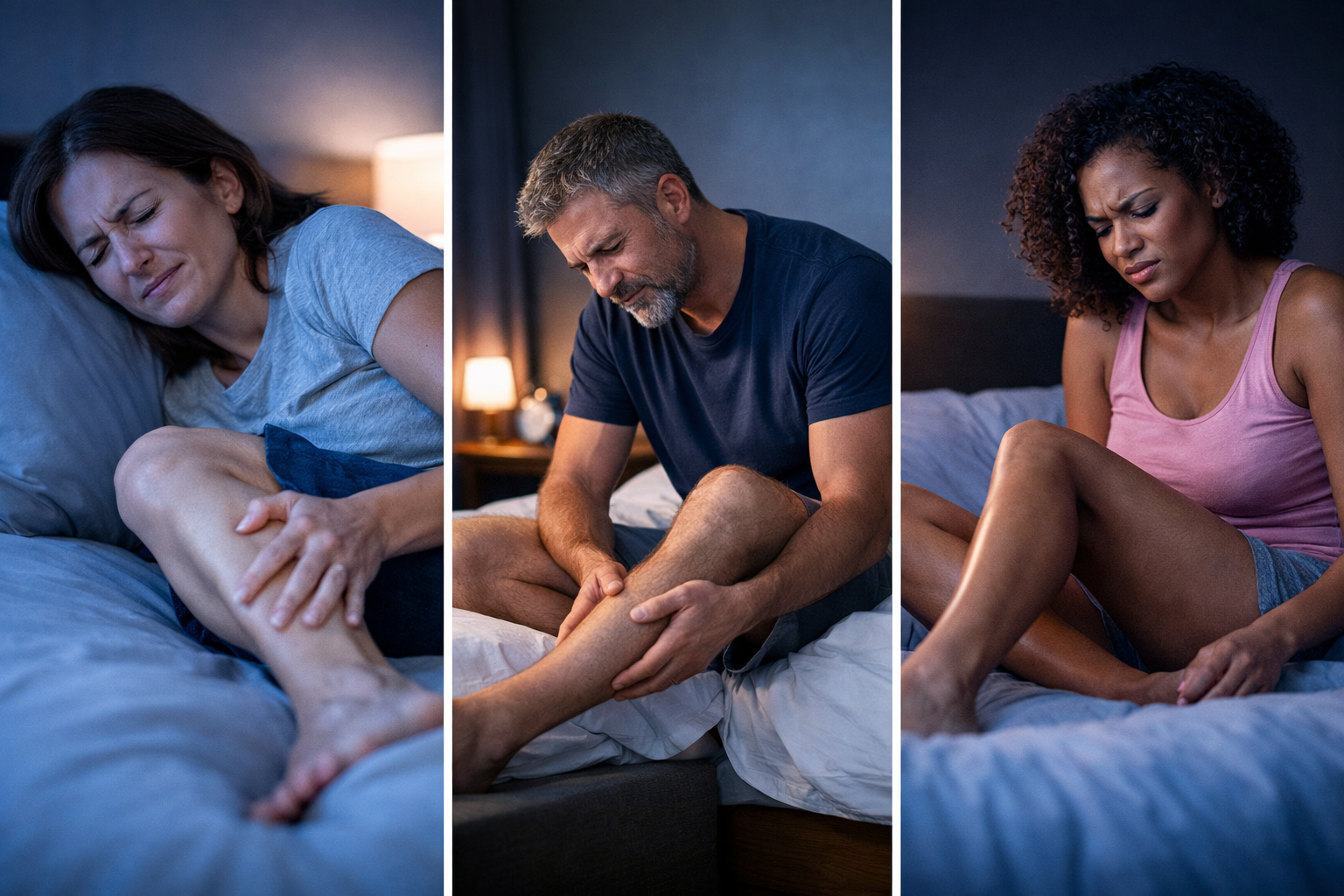
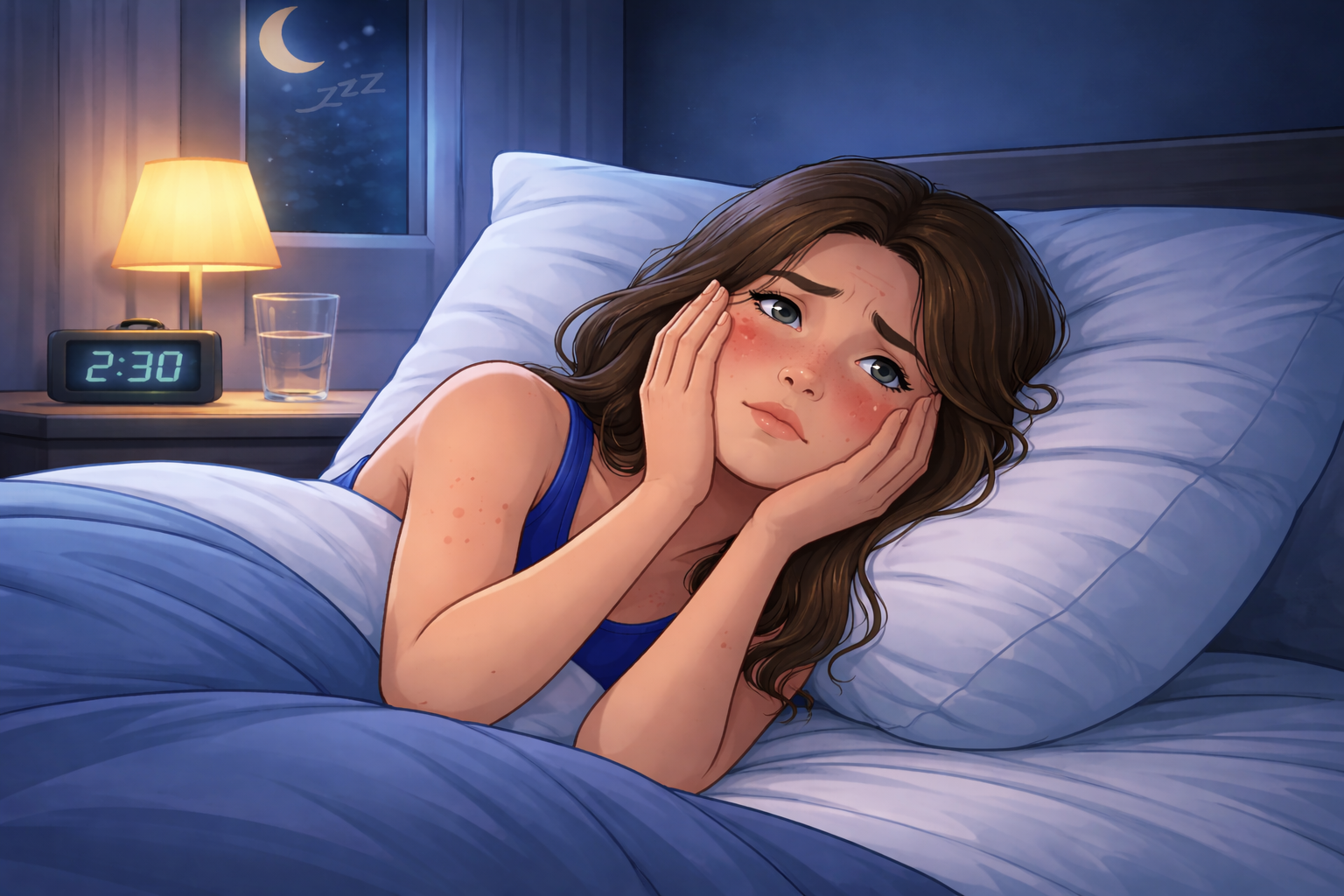


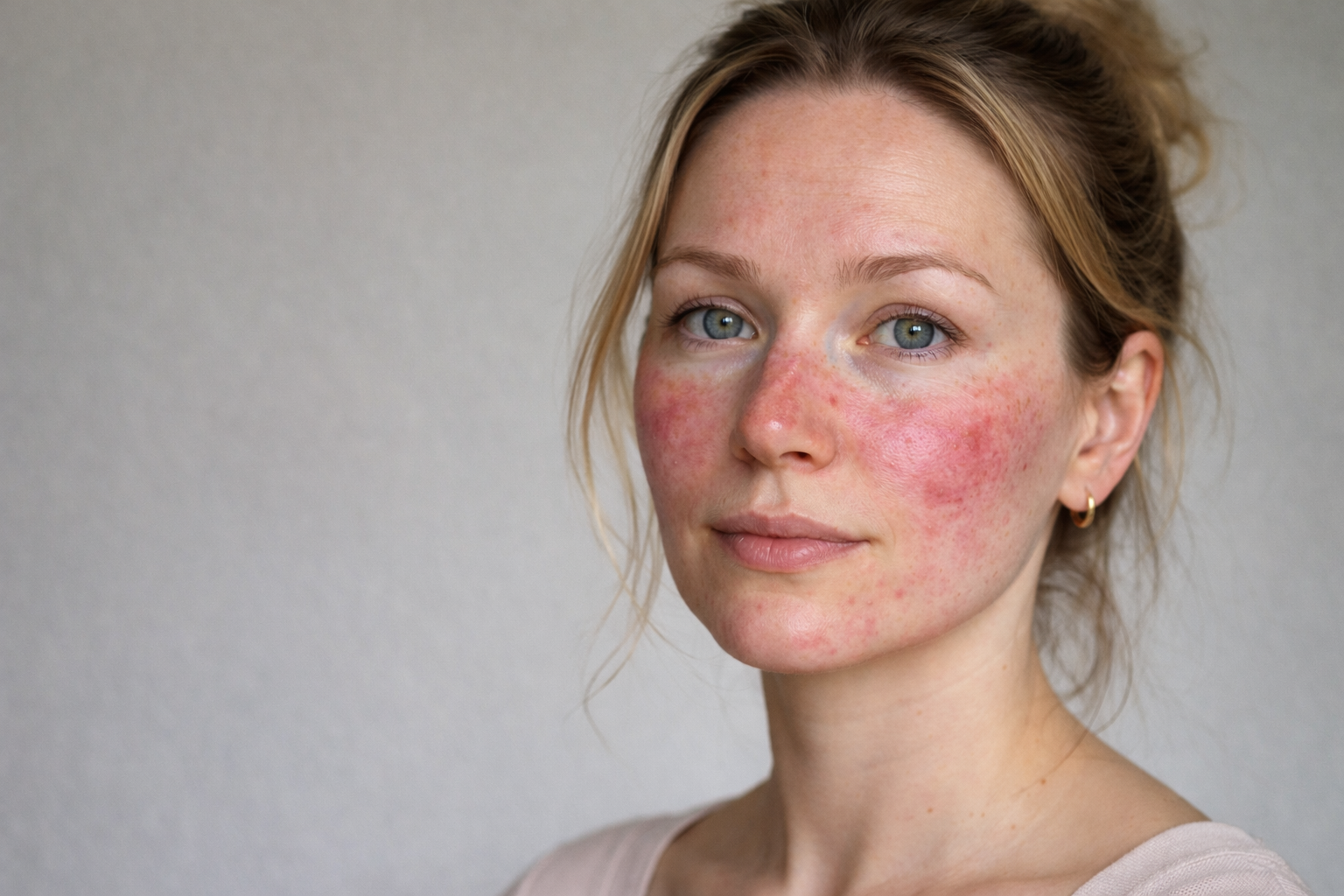

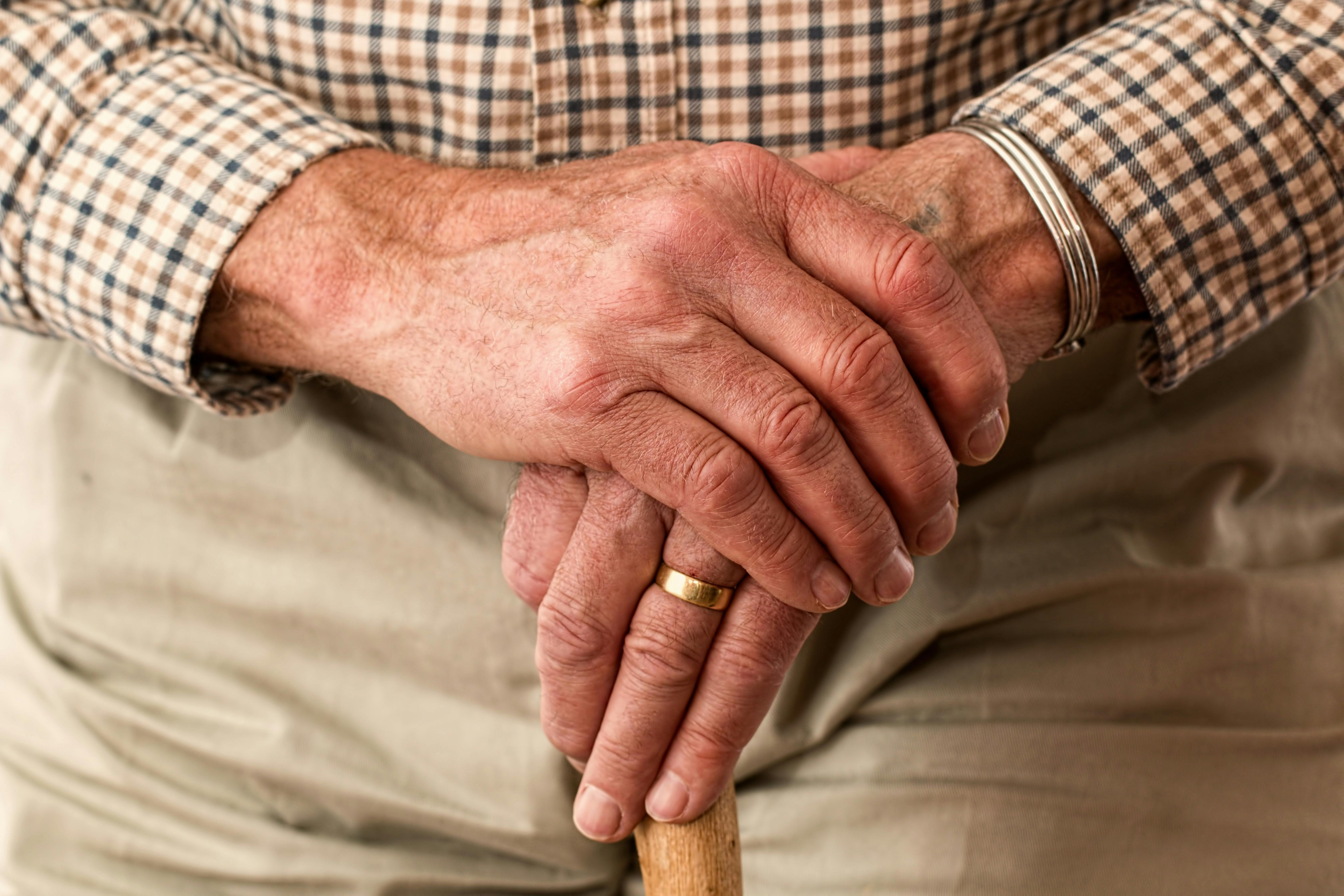
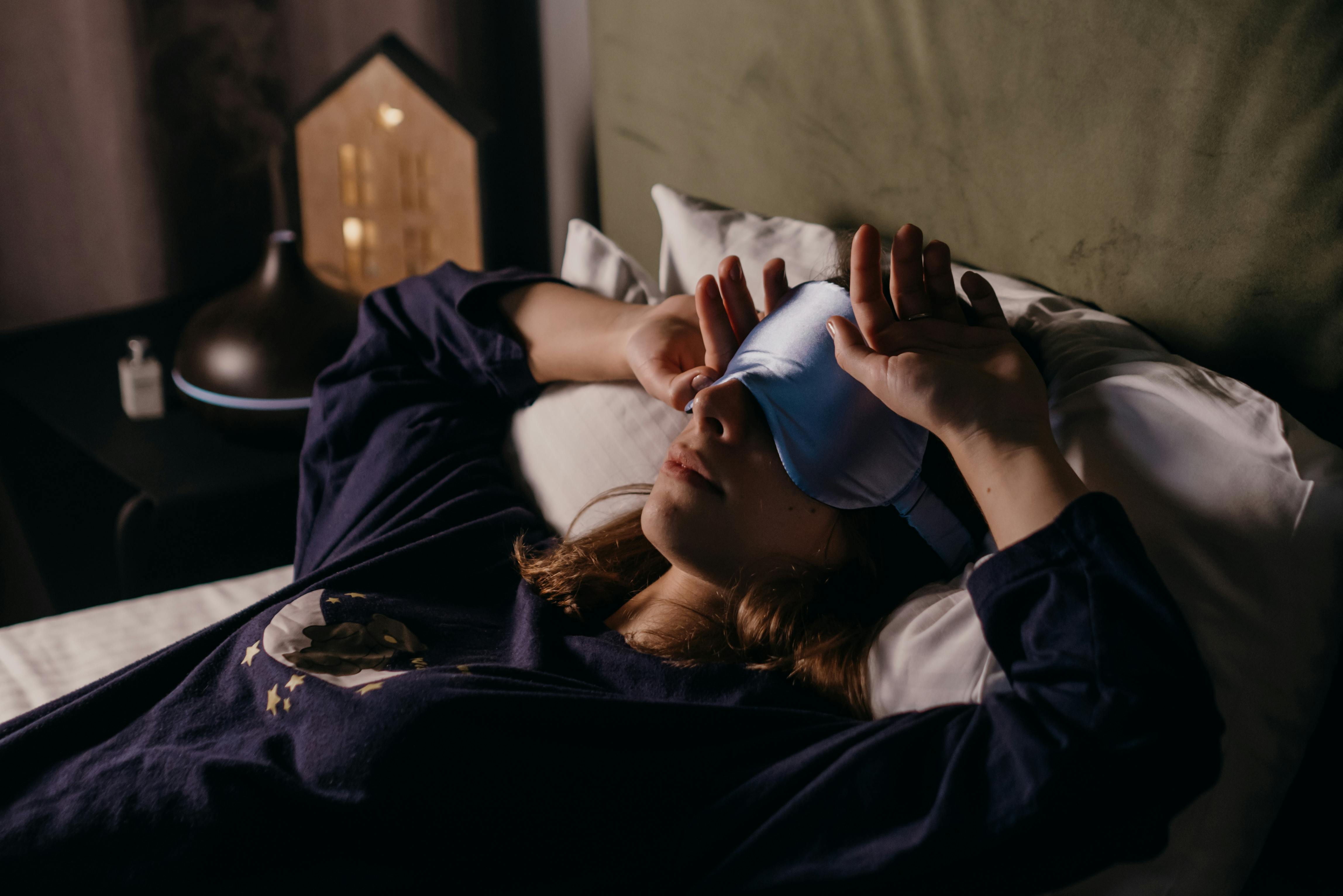

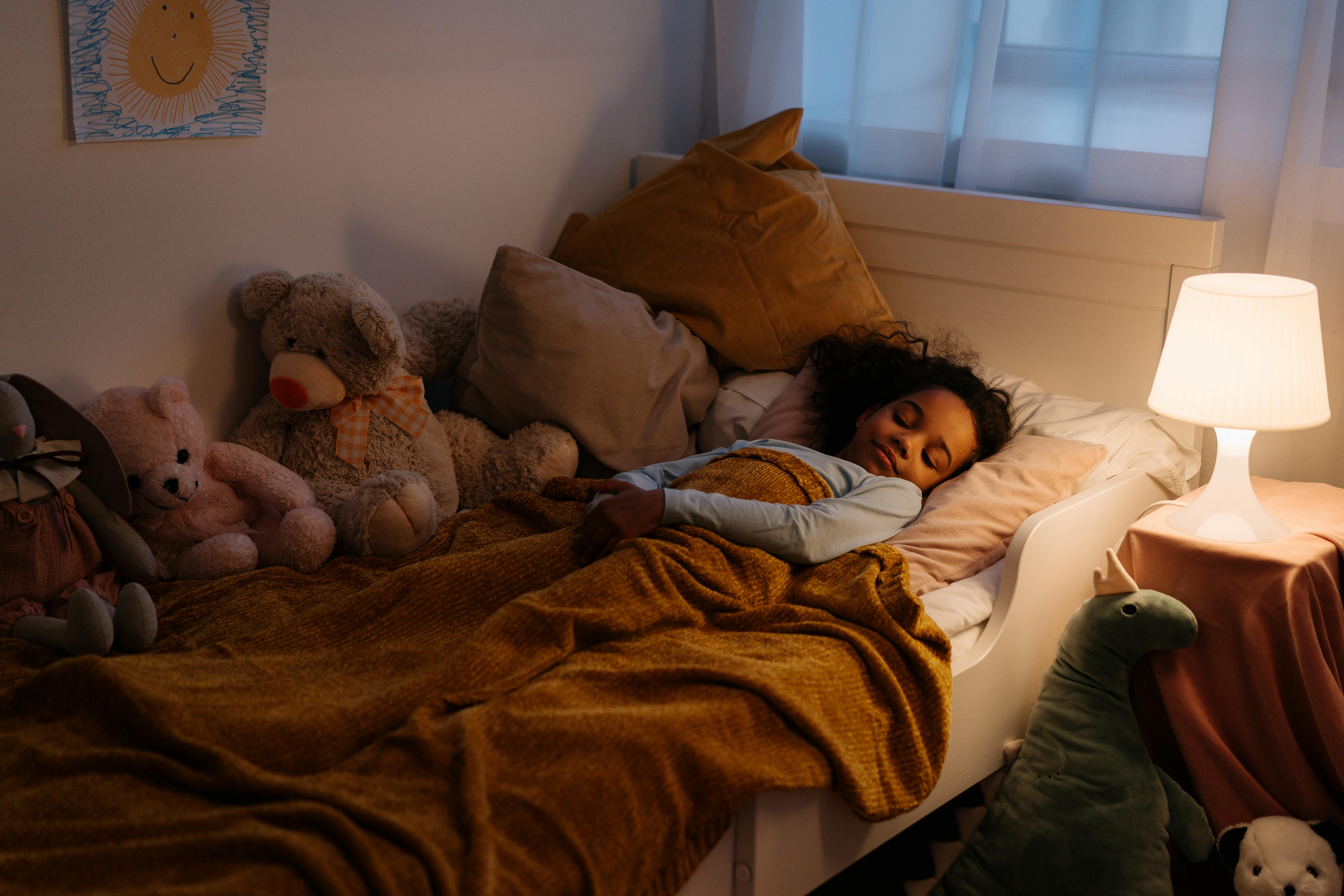


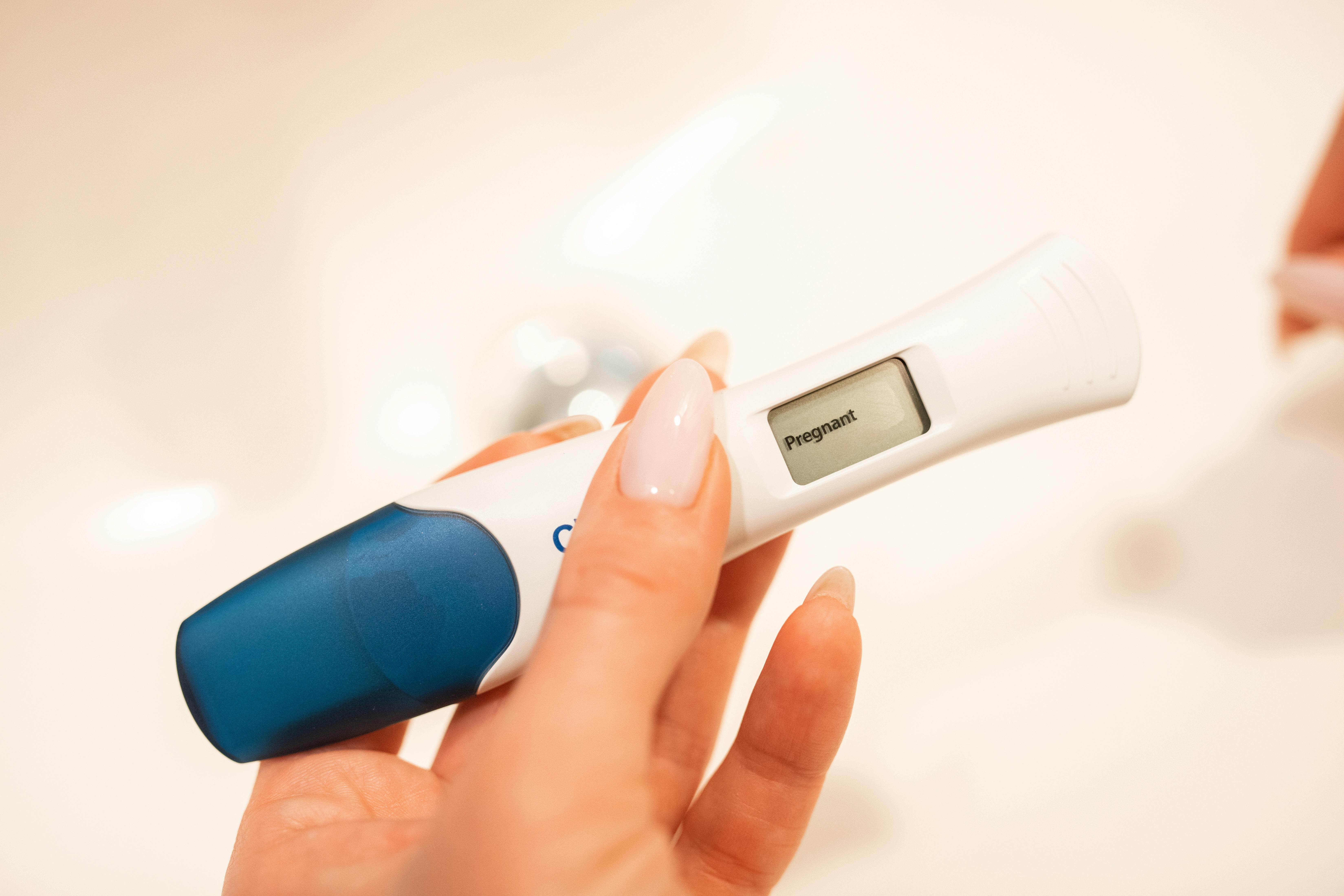
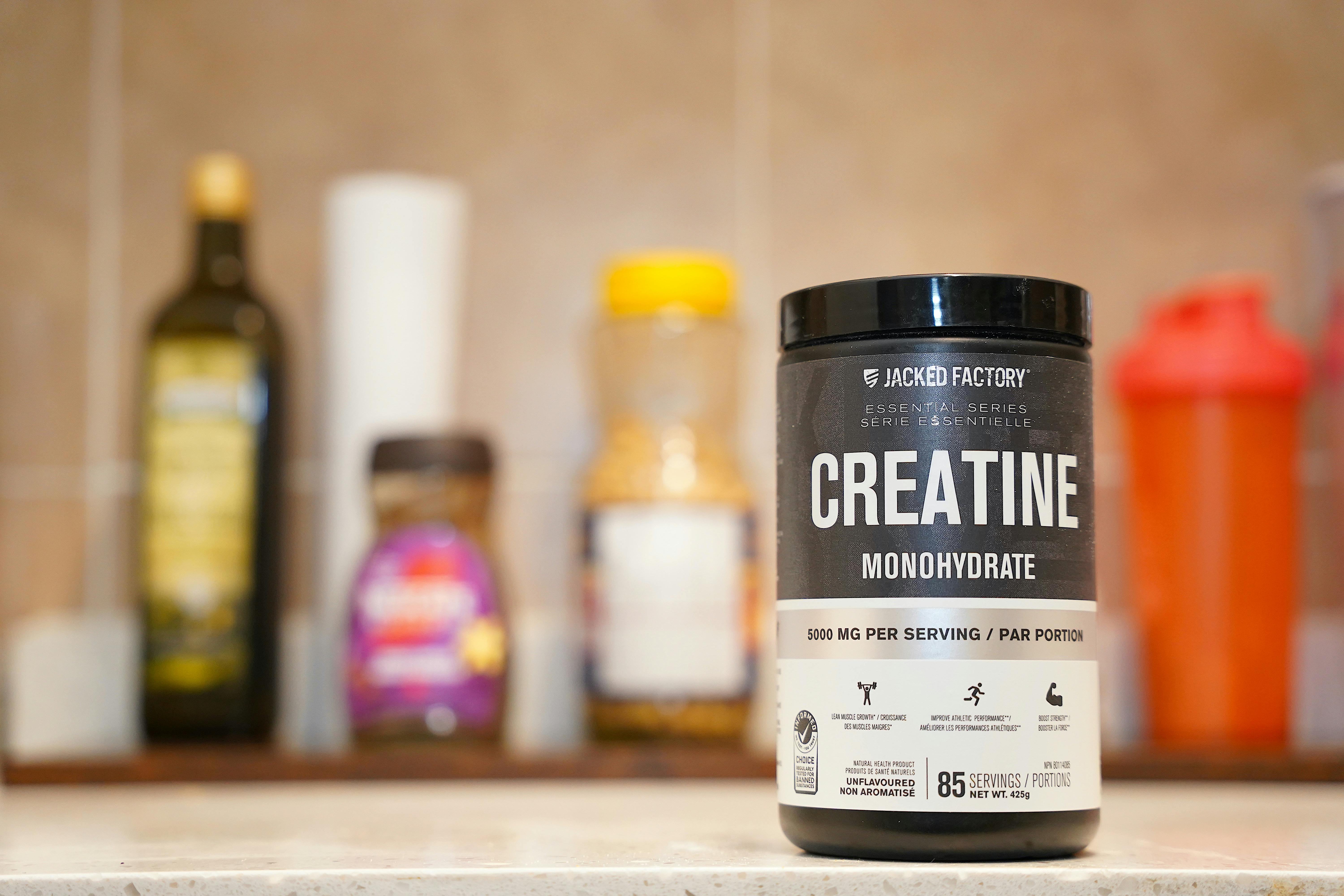




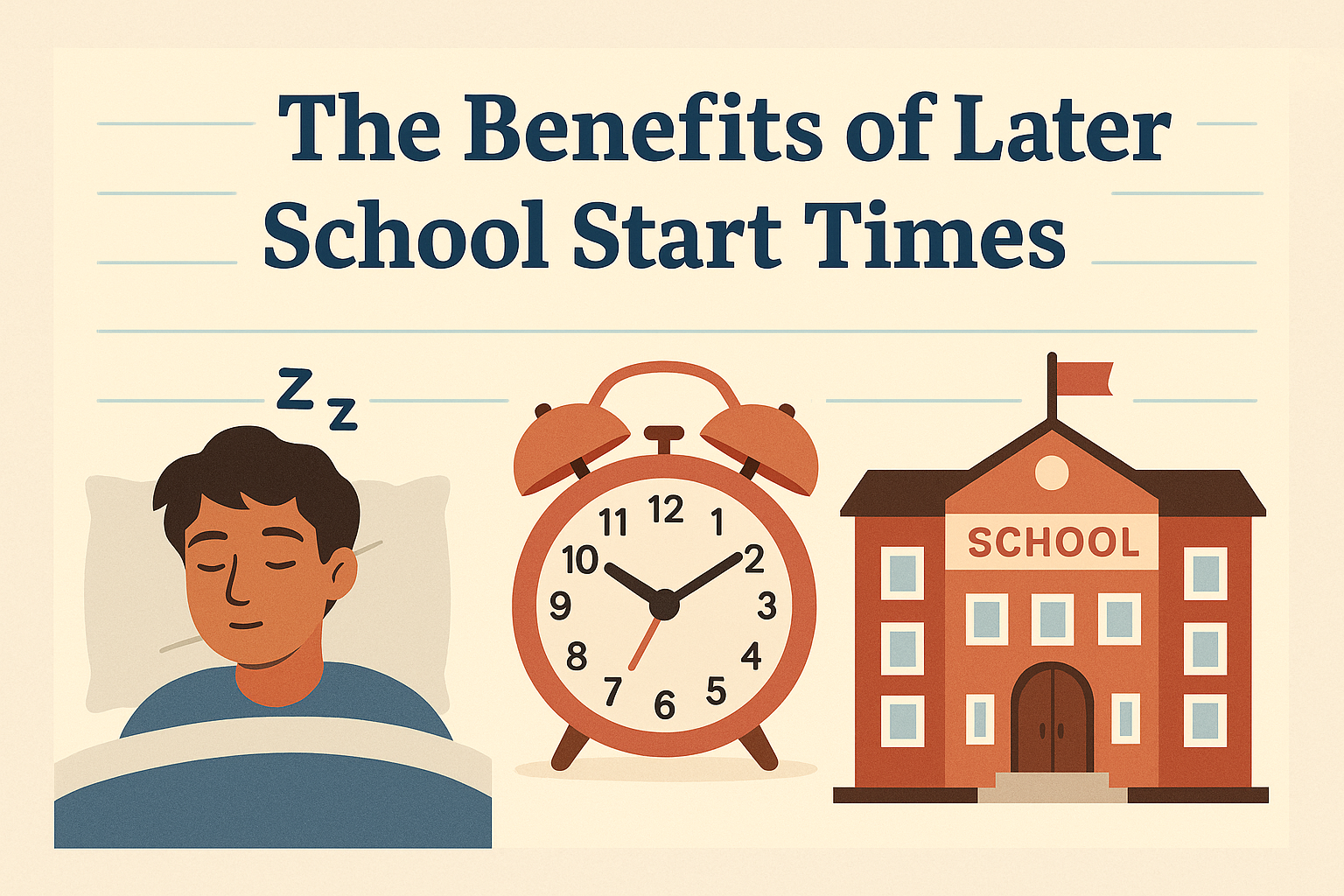

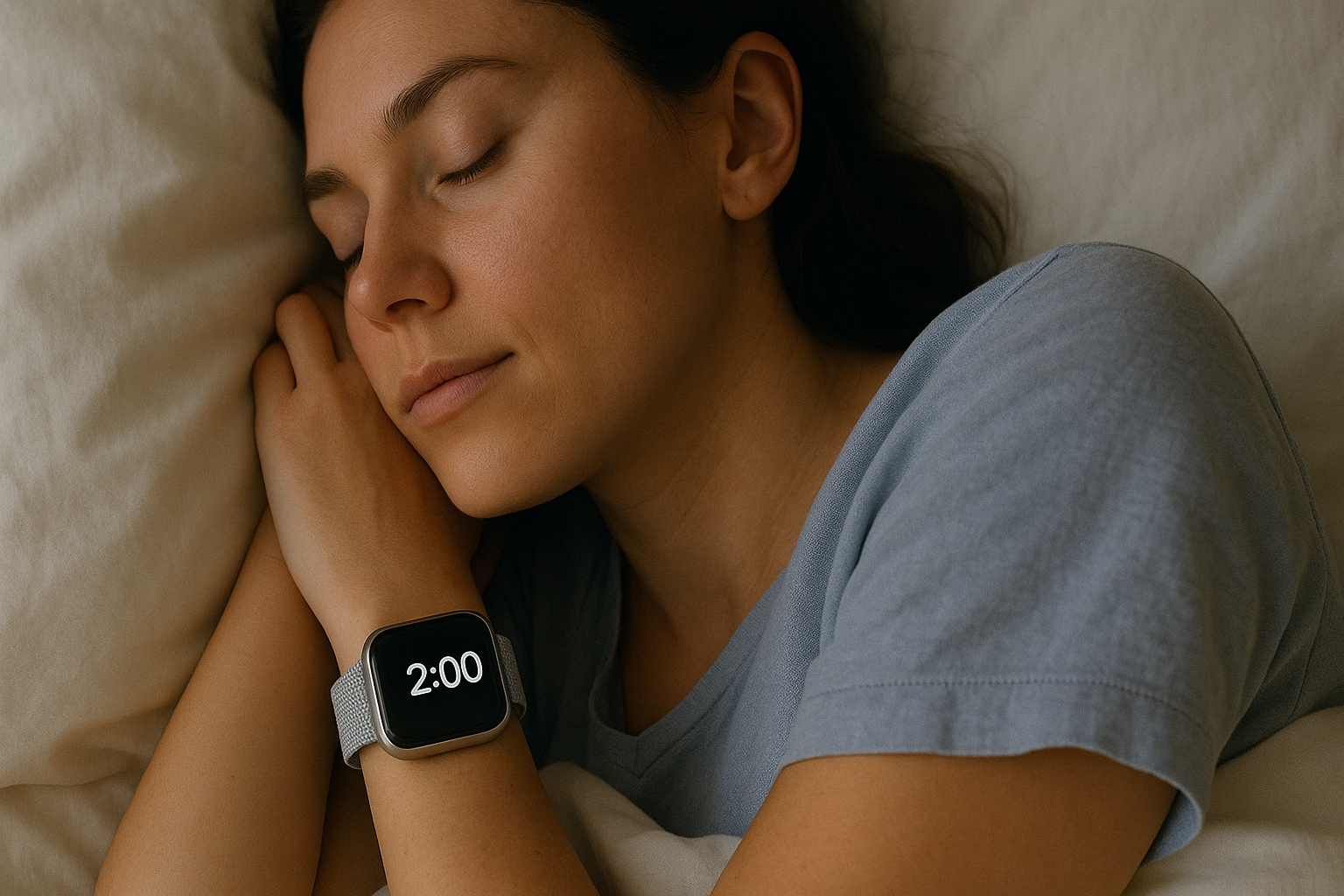


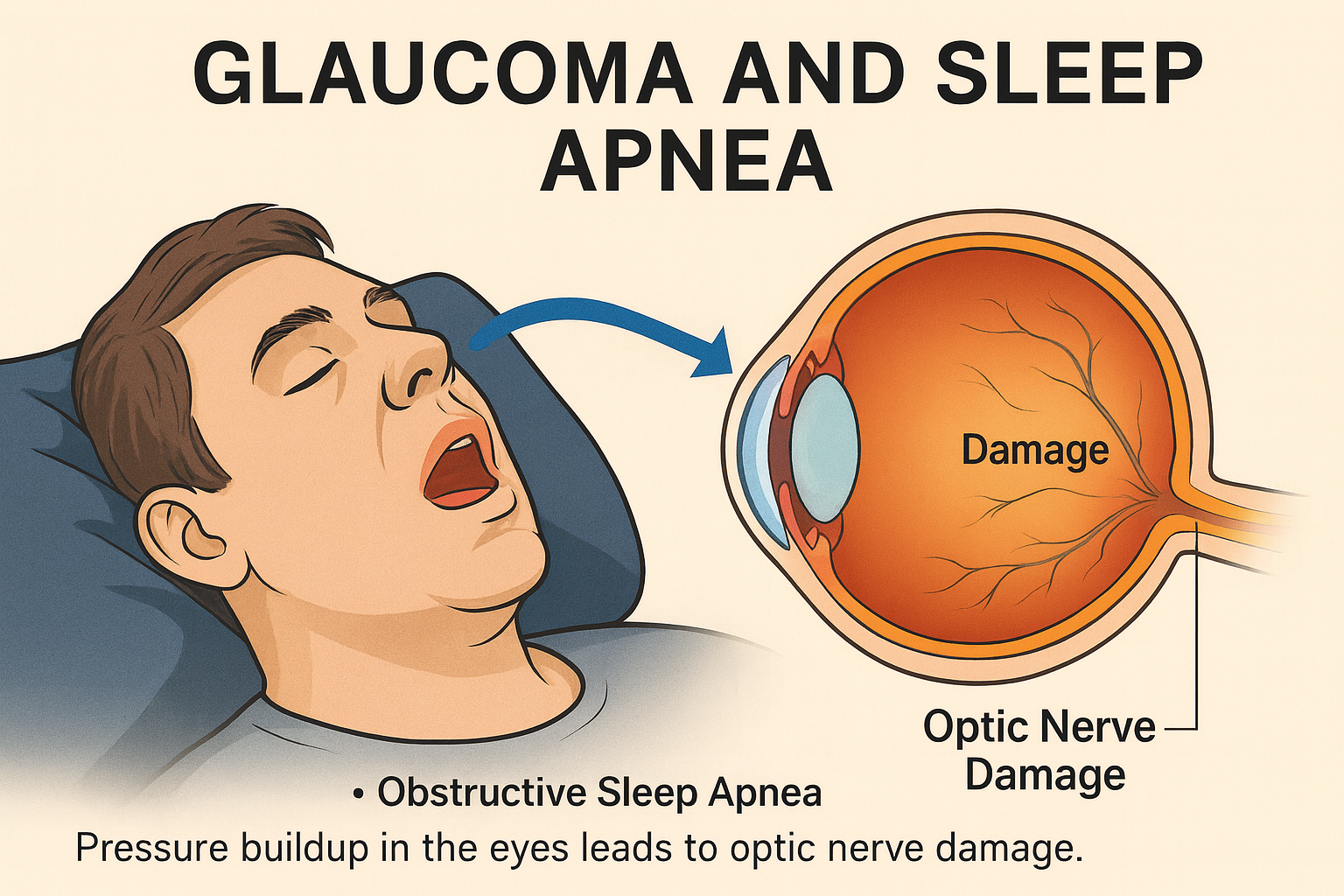
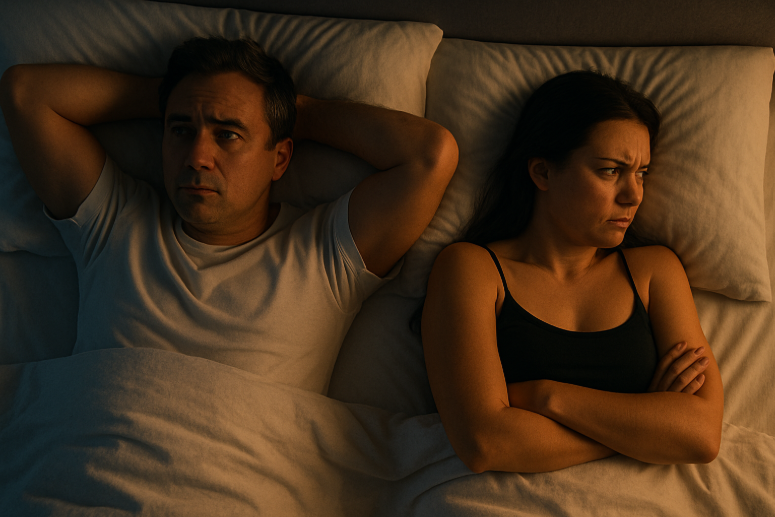
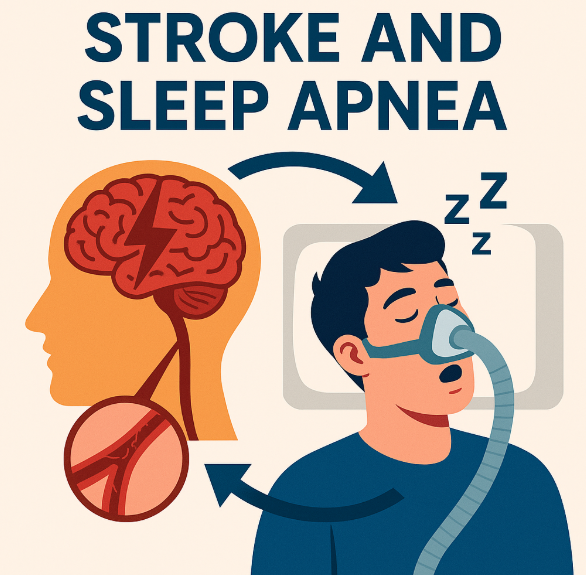
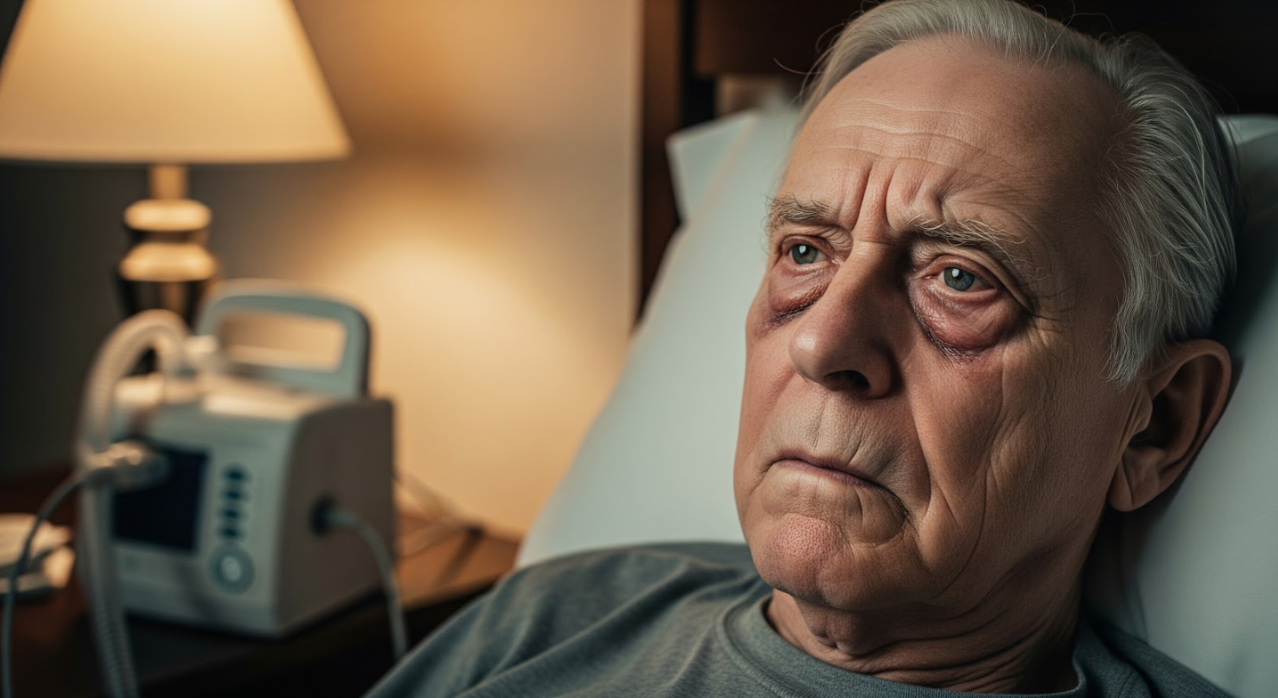
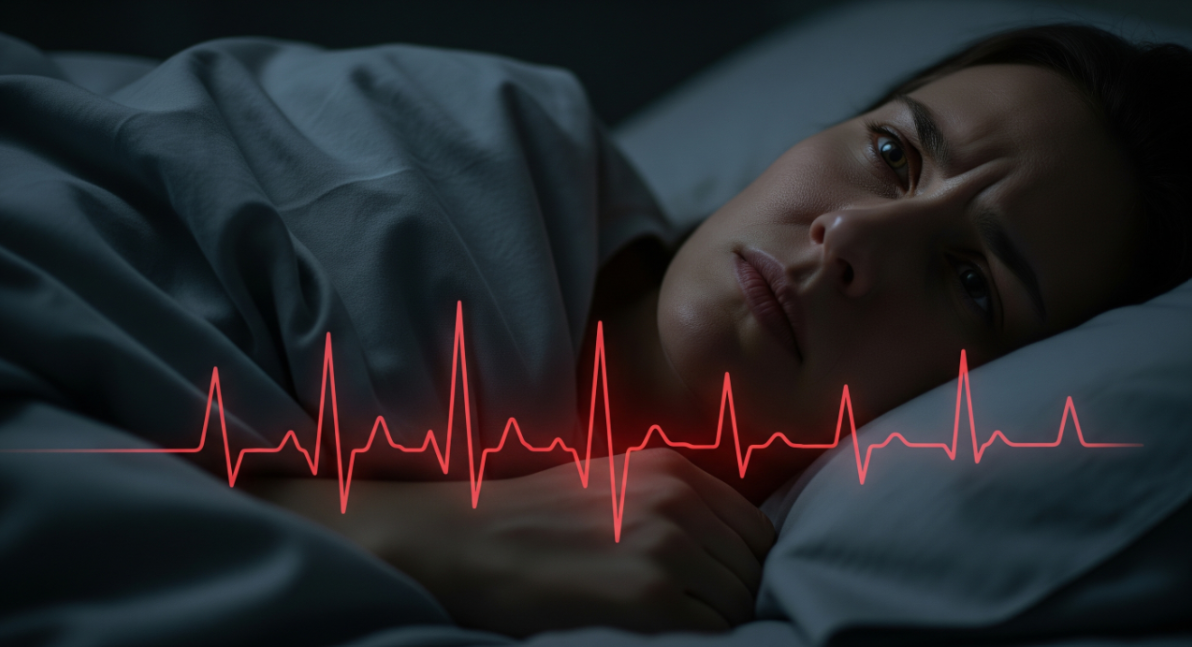






























































%20thumbnail.jpg)
.png)